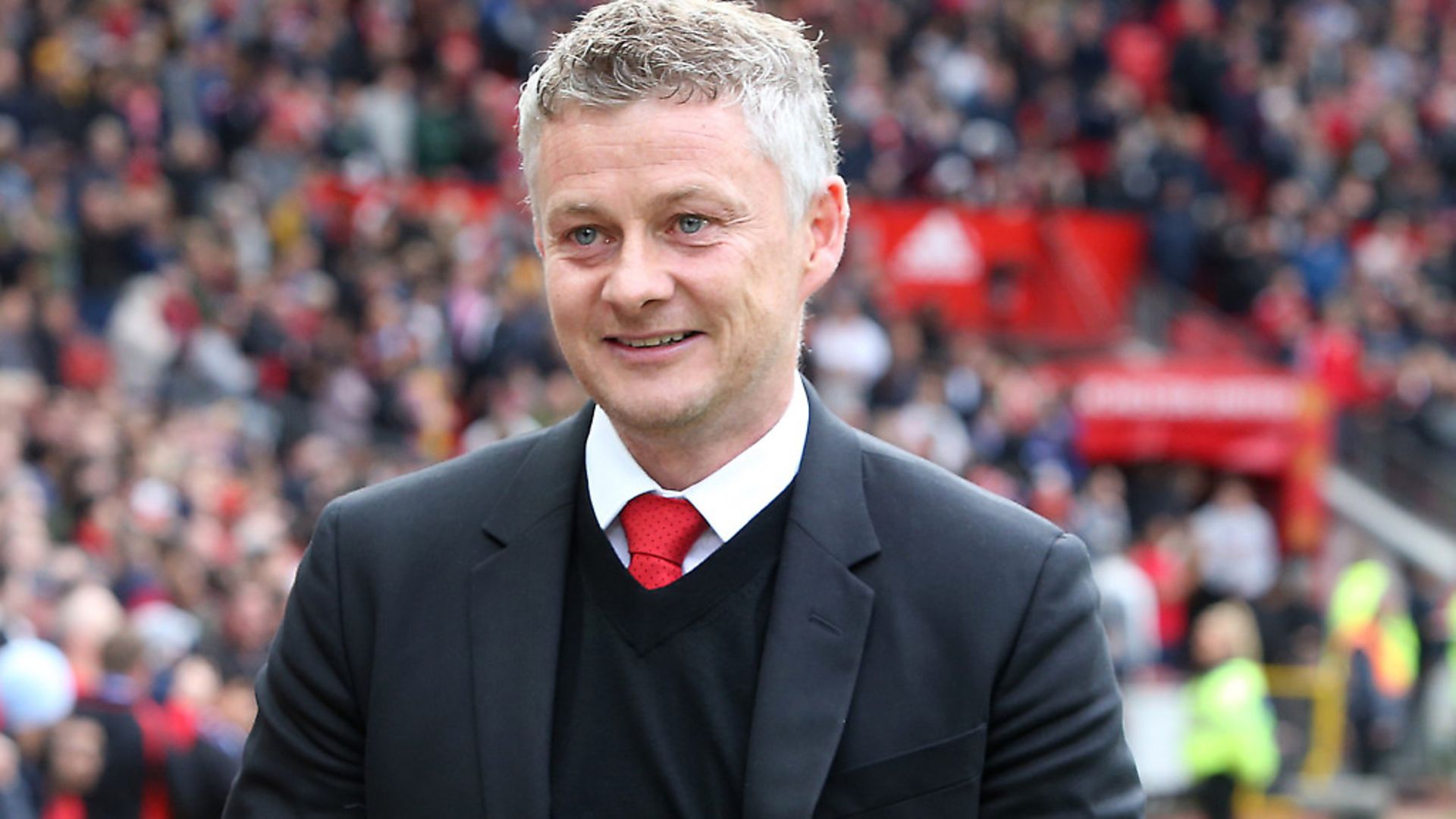
As the Premier League draws to a close, PETER TRUDGILL explores the meanings behind some of its biggest names.
As is well known to most English football fans – and to the entire population of Norway over the age of three – the manager of Manchester United is called Ole Gunnar Solskjær. Like very many Norwegians, he has two given-names which he actually uses – Ole and Gunnar – so it is just the very poetic Solskjær which is his family or surname: sol is the Norwegian word for ‘sun’, and skjær corresponds to English skerry ‘rock covered by the sea at high tide’. Somehow, Sunskerry seems a much more appropriately romantic name for a high-flying football manager than Ferguson, or perhaps especially – let’s be honest – Klopp.
Like most Norwegians, Ole Gunnar, pictured, is not only a proud and unashamed speaker of his native dialect, in his case the urban dialect of Kristiansund, but also a brilliant speaker of Mancunian English.
But Jürgen Klopp, too, is also a very good English speaker. And his surname also has a story to tell. Although the Liverpool manager grew up in southern Germany, his family name is very obviously (to any German dialectologist) a north German or Netherlandic name: the Dutch and North German word appel ‘apple’ corresponds to south German Apfel, so the south German equivalent of Klopp would be “Klopf”.
There is a place in the Rhineland Palatinate in Germany where there is a Klopp Castle; but it is more likely that the surname comes from the Dutch and Low German verb kloppen ‘to knock, beat, pound’ – the south German form would be klopfen – which is related to the English word clap. This would signify that a forbear worked in a manual occupation of the same type as indicated by the English surname Leadbeater.
Josep ‘Pep’ Guardiola Sala, the manager of Manchester City, is also linguistically very interesting. He was born and grew up in Catalonia, and his native language is Catalan. (Josep is the Catalan equivalent of English Joseph, Italian Giuseppe, and Portuguese and Spanish José.) But like the members of all the linguistic minorities living in Spain – albeit, in the case of Catalan, a minority with many millions of speakers – Pep has of necessity had to learn Spanish as well.
Unai Emery Etxegoien, who manages Arsenal, is another Spanish citizen whose mother-tongue is not Spanish, though like Guardiola he does speak it fluently. Emery grew up in Hondarribia, a strongly Basque-speaking town which is called Fuenterrabía in Spanish and Fontarrabie in French. Hondarribia lies just across the French border from the French-Basque town of Hendaia (Hendaye in French). But his native language is the oldest of all the European languages, Euskara or Basque.
The manager of Tottenham Hotspur is Mauricio Roberto Pochettino Trossero. He too is from a predominantly Spanish-speaking country, Argentina, but – like Lionel Messi – he comes from an Italian-speaking background and bears an Italian-language surname.
His great-grandfather emigrated to South American from the Piedmont area of north-western Italy and settled in the surprisingly-named town of Murphy, which is called after a 19th century immigrant from Ireland, John James Murphy. (The surname Murphy is derived from the Irish Gaelic name Ó Murchadh ‘fighter at sea’, from muir ‘sea’ and cath ‘fight’.) As far as I know Pochettino does not speak Irish… But his name does signify something to Italian speakers: poco means ‘a little’, and the surname, pocchetino, translates as ‘a tiny little bit’.
Obviously, a degree of multilingualism is most helpful if you are planning a career as a top-level football manager. But I do have to come clean now before I finish this piece and admit that, according to Norwegian onomasticians (linguistic experts on names), the surname Solskjær derives from a farm in the Kristiansund area that was originally called Solskjela, which meant, rather unromantically, ‘soggy bottom’. In a prequel to Ole Gunnar’s (albeit recently limited) conquests in England, the Norwegian King Harald Fairhair defeated local chieftains in battles there in 862 and 863 AD.










